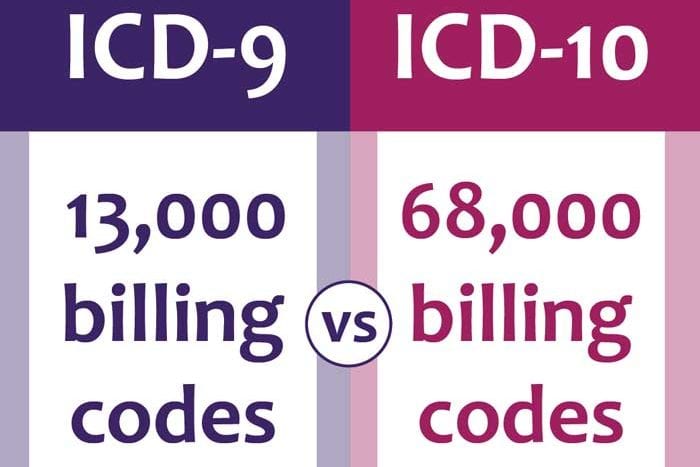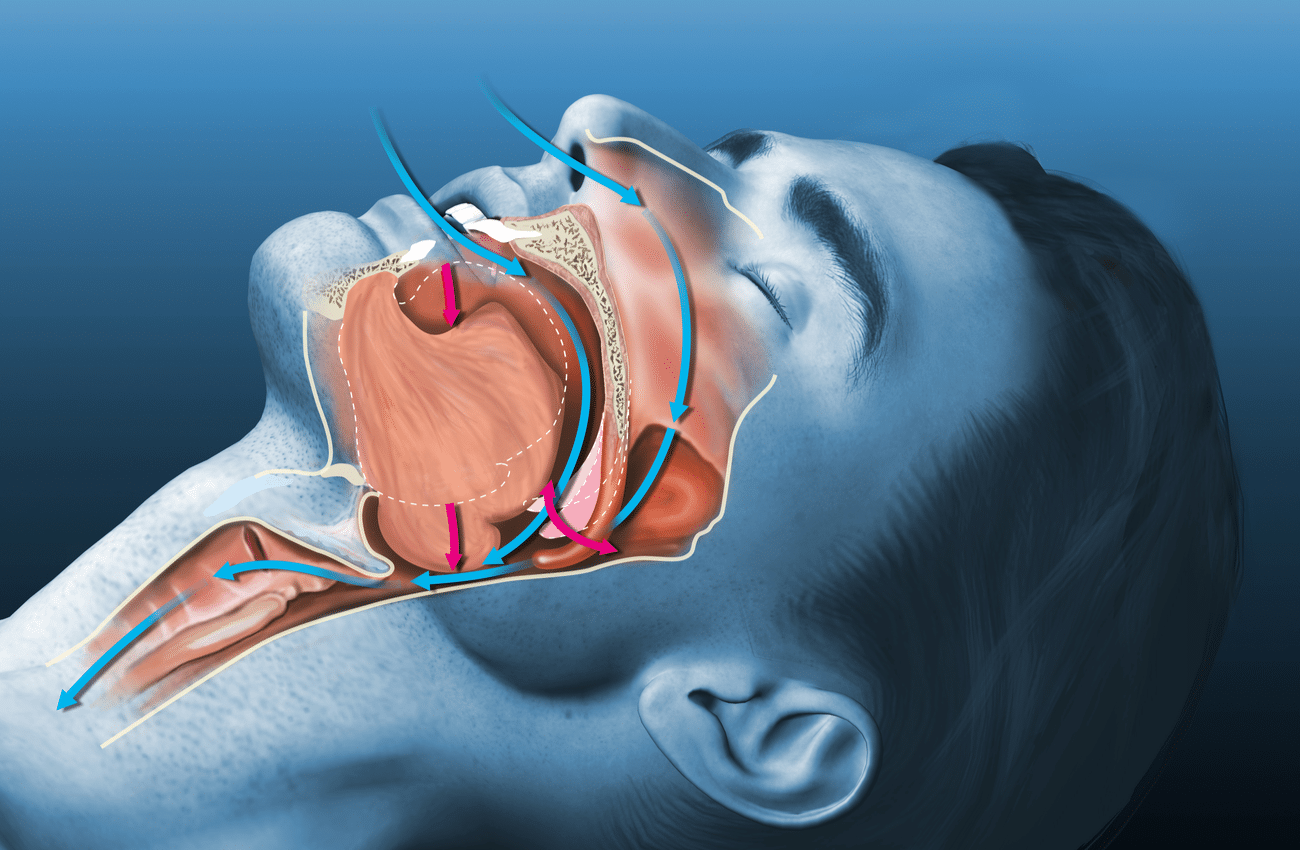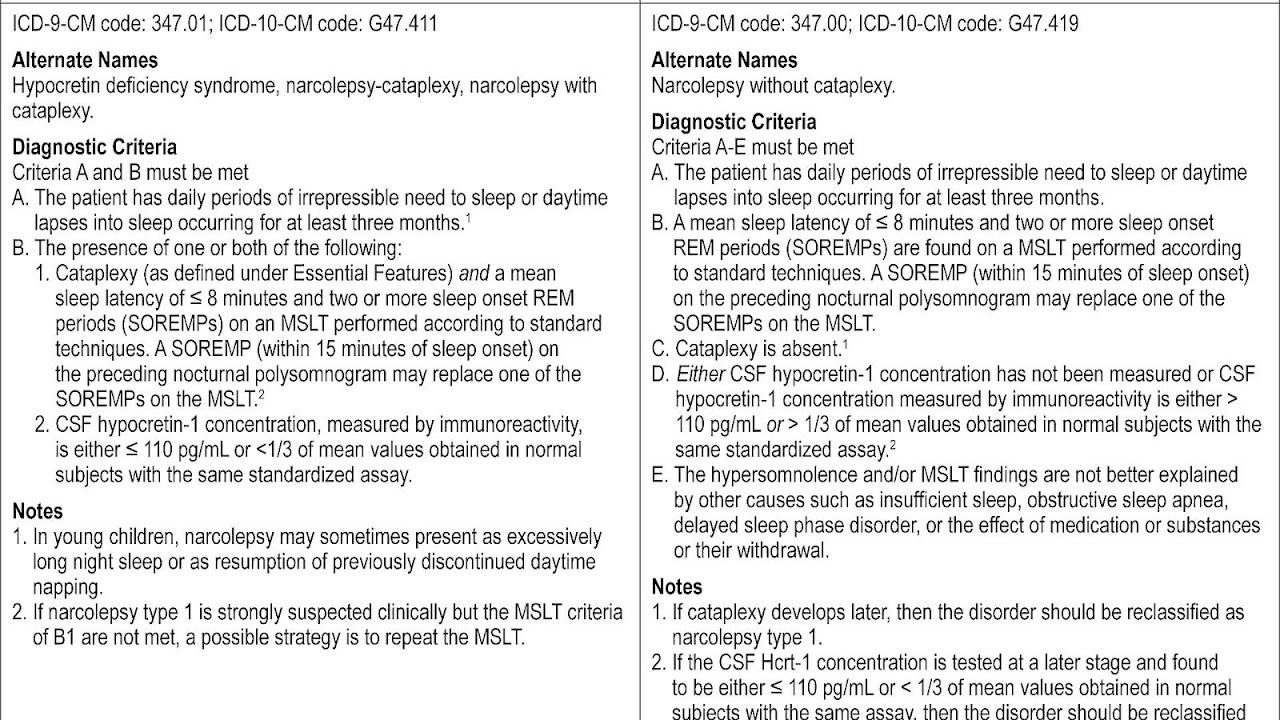

CBT-I protocols are typically developed for individuals with insomnia disorder without co-occurring conditions. It is offered in various forms, ranging from in-person therapy to internet-delivered applications. The first choice of intervention is cognitive behavioral therapy for insomnia (CBT-I) as it is rather effective, also in the long run without side effects. Yet, it is not only a consequence of a mental condition but may also exert detrimental effects on psychiatric symptom severity and therapeutic response thus, adequate insomnia treatment is particularly important in psychiatric populations. Insomnia is very prevalent in psychiatry and is considered a transdiagnostic symptom of mental disorders. These findings provide the latest evidence on chronotypes and psychiatric disorders and serve as a valuable reference for researchers. Furthermore, the underlying mechanisms or influence factors are described in detail, including clock genes, brain characteristics, neuroendocrinology, the light/dark cycle, social factors, psychological factors, and sleep disorders. (5) The evening chronotype is significantly associated with eating disorders, with the majority of studies have focused on binge eating disorders. (4) The relationship between chronotype and schizophrenia remains unclear, despite increasing evidence on their link. (3) The evening chronotype is only related to anxiety symptoms. (2) Evening chronotype individuals with bipolar disorder tend to have more severe symptoms and comorbidities. Recent evidence indicates that (1) the evening chronotype is a risk factor for depressive disorders and substance use disorders, whereas the morning chronotype is a protective factor. This narrative review, which focuses on the relationship between chronotype and mental disorders, provides an insight into the potential mechanism. Chronotype, which represents individual preferences for activity and performance, is associated with human health issues, particularly psychiatric disorders. The high measures of consistency, reliability, and validity of the AIS make it an invaluable tool in sleep research and clinical practice.The circadian rhythm is crucial for physiological and behavioral functions.

As far as external validity is concerned, the correlations of the AIS-8 and AIS-5 with the Sleep Problems Scale were 0.90 and 0.85, respectively.

The test-retest reliability correlation coefficient was found almost 0.90 at a 1-week interval. Moreover, in the factor analysis, the scale emerged as a sole component. 90 and the mean item-total correlation coefficient was about 0.70. Regarding internal consistency, for both versions of the scale, the Cronbach's alpha was around 0. The validation of the AIS was based on its administration to 299 subjects: 105 primary insomniacs, 144 psychiatric patients and 50 non-patient controls. Either the entire eight-item scale (AIS-8) or the brief five-item version (AIS-5), which contains only the first five items, can be utilized. It consists of eight items: the first five pertain to sleep induction, awakenings during the night, final awakening, total sleep duration, and sleep quality while the last three refer to well-being, functioning capacity, and sleepiness during the day. The AIS is a self-assessment psychometric instrument designed for quantifying sleep difficulty based on the ICD-10 criteria. To describe and validate the Athens Insomnia Scale (AIS).


 0 kommentar(er)
0 kommentar(er)
